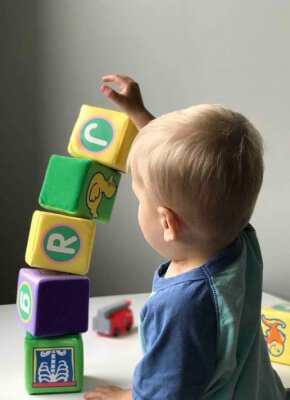Therapy
These are no rituals.
And you’ll find no psychiatric sessions here."
Our innovative method and approach will prove that solving your life’s challenges (encompassing all existing and future mental conditions) is possible, because they’re all part of existence itself.
We’re clear in stating this: We’ll demonstrate why the solution depends solely on you. The choice to act is yours – because life isn’t about knowing, but living. About action.
Process to access your appropriate therapy
- Mental condition
- Program
- Tour
- Book
Therapy
About your mental condition
Your condition is one (or maybe more than one) of the 300 diagnosable mental disorders. DSM-5-TR includes around. But we have something for you:







Think about it: If mental struggles had plagued humans 500 years ago, we’d have prioritized psychology over medicine or farming.
Mental Condition (Neutral)
The brain’s natural response to its environment (e.g., stress from real threats, adaptive sadness).
Perspectives:
-Ancestral: The Inca viewed deep sadness (llaki) as a signal to reassess life, not a pathology.
-Scientific: The brain evolved uncomfortable emotions to drive change (e.g., anxiety as a danger alert).
Example:
"Depression after loss isn’t a ‘disorder’—it’s a biological adaptation process that capitalism medicalized."
Mental Disorder (Pathologized)
A diagnosis when a condition persists without evolutionary purpose (e.g., chronic depression without contextual cause).
Modern Issue:
The DSM-5 pathologizes normal reactions to abnormal environments (e.g., workplace alienation).
Economic Bias: 70% of U.S. ADHD diagnoses are false positives (Journal of Medical Ethics, 2023).
Example:
"A restless child in an unnatural school system (8 hours/day indoors) gets labeled ‘ADHD,’ not the system."
The Evolution of Mental Health Paradigms
Psychology emerged as an academic discipline in the late 19th century, yet despite centuries of research and technological advancements, it has never fully “solved” the human mind. This historical oversight reveals a profound truth: mental health was never humanity’s priority until capitalism made it profitable. Consider this—if psychological suffering had been as widespread 500 years ago as it is today, our ancestors would have elevated mental wellness to the same status as agriculture or medicine. Instead, they developed practical systems of communal living and nature-based rituals that inherently supported neurological balance.
The failure of modern psychology lies not in its methods, but in its foundational premise: it treats the mind as separate from the body, environment, and cultural roots. Indigenous cultures like the Inka understood what Western science is only now rediscovering—that depression isn’t a chemical imbalance to medicate, but a biological signal of disconnection from sunlight, soil microbes, purposeful movement, and tribal belonging. New therapeutic models are indeed emerging, but the most revolutionary ones aren’t coming from labs; they’re being resurrected from ancestral blueprints that maintained mental resilience for millennia.
This paradigm shift forces us to confront an uncomfortable question: Have we been “treating” mental health, or just managing symptoms of a civilization that violates human biology? The therapies of tomorrow won’t emerge from pharmaceutical patents, but from relearning what pre-industrial societies knew—that true psychological stability comes from living in alignment with the evolutionary needs our modern world has systematically erased.
